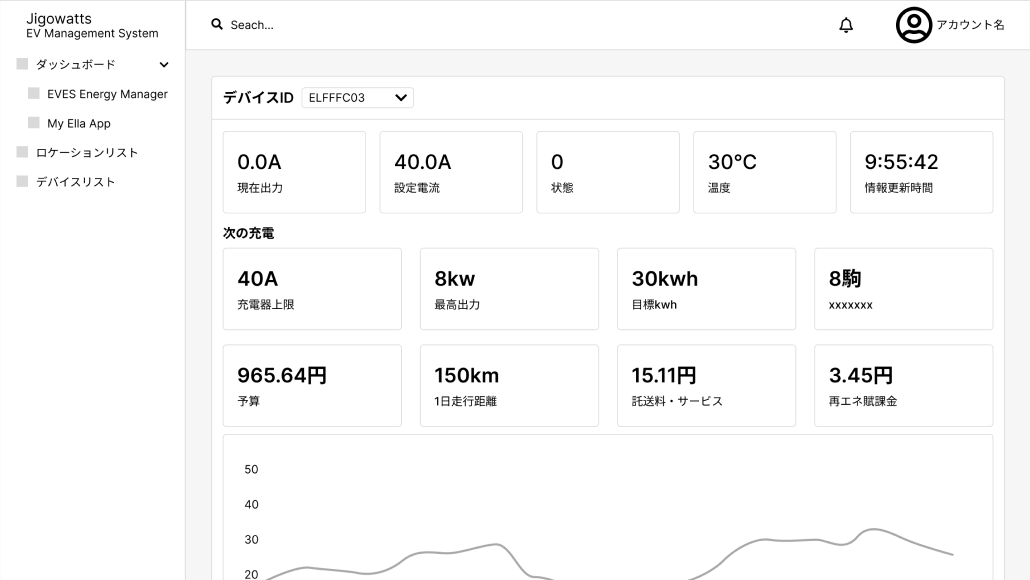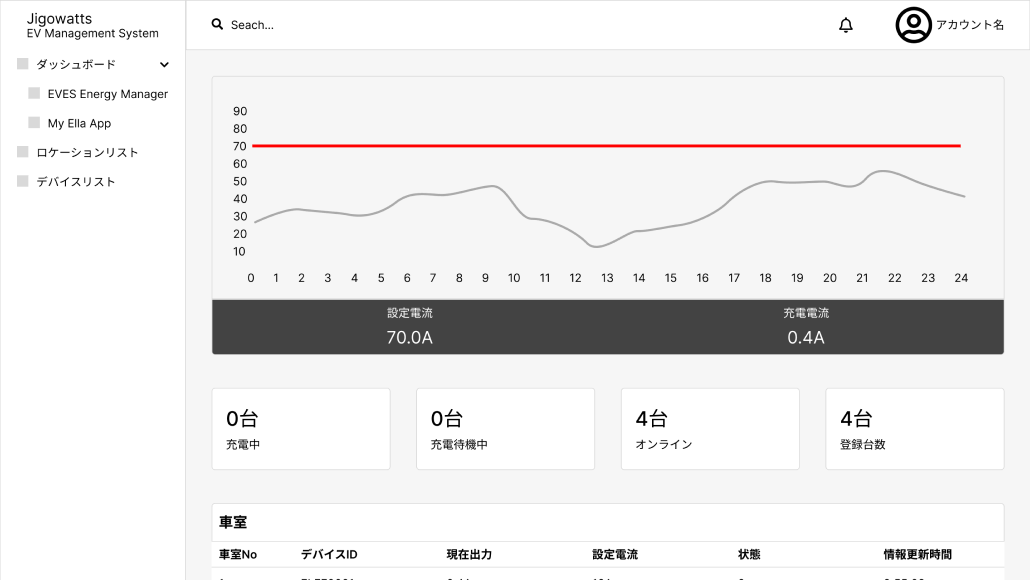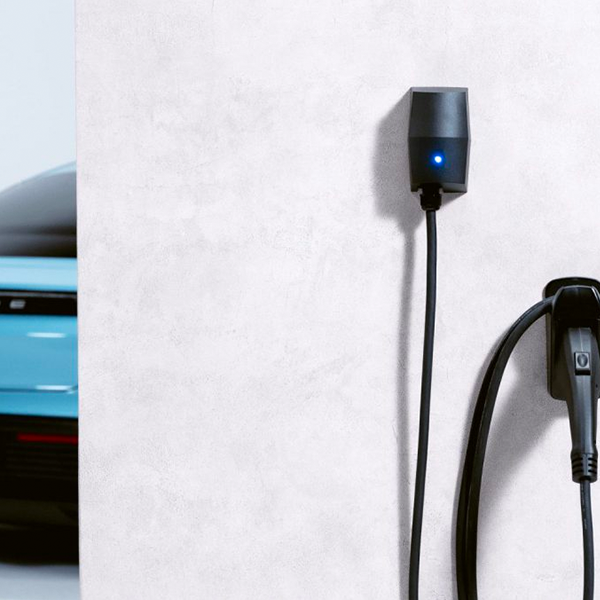OUR GOAL
Aim to promote the use of regular chargers for EVs.
We would like to widely deploy regular chargers for EVs in Japan that can be used easily by anyone, after confronting current issues for our future, such as what kind of world will unfold beyond the spread of EVs and what issues does Japan face today.
EV Market Conditions in Japan
The share of EVs is expanding rapidly around the world, especially in Europe, the United States, and China. In Japan, the spread of EVs has been stagnant over the past several years, but with the start of deliveries of light EVs in the second half of 2022 and other factors, the market has begun to expand, following Europe, the U.S., and China. The EV market is expected to expand significantly in Japan in the coming years.

EV Charging by Purpose
Just as you would charge your smartphone at home, you can use the time when you are not using your car to recharge it. The convenience of EV users will be greatly enhanced by the expansion of basic and destination charging facilities.

Basic Charge
Charging in places where you spend a lot of time on a daily basis.
Location : Home, Office, etc.
Parking time : Long
Charging facilities : Normal charger
Number required : According to the number of EVs

Path Charge
Charge while traveling to your destination
Location : SA, convenience stores, etc.
Parking time : Short
Charging facilities : Quick charger
Number required : 1 or 2 units

Destination Charge
Charge after arrival at destination
Location : Lodging facilities, etc.
Parking time : Long
Charging facilities : Normal charger
Number required : According to the number of EVs
OUR FUTURE
Currently, Jigowatts has two systems that can solve these challenges.
Demand control for "Multiple Unit Control"
Demand control is a system for systematically controlling the amount of electricity consumed. Demand control makes it possible to suppress increases in basic rates by controlling peaks.

"Optimized Charging" with power generation from renewable energy sources
As EVs become more widespread, demand for electricity may increase sharply in the evening and morning hours. Charging during daytime hours, when a large percentage of electricity is generated from renewable energy sources and supply is high, can contribute to decarbonization and may also reduce electricity costs.


Our Case Studies
Jigowatts
EV Management System


Case Study
-
July 13, 2023Case Study
Japan’s smallest Jigowatts “Ella” regular charger for EVs installed in a multi-story parking garage
Japan's smallest EV charger, "Ella," which can acquire charger information, change settings, limit output, etc. via API is installed in a multi-story parking garage.
-
June 16, 2023Case Study
Tokyo Gas adopts Jigowatts’ standard EV charger for EV introduction support service “CHARGE PLANNER” for corporations and local governments.
To promote the spread of standard chargers for EVs that enable anyone to easily manage energy
-
March 07, 2022Case Study
Jigowatts develops “multi-unit EV standard charger” for Tokyo Electric Power Company HD
Cost reduction is achieved because communication charges and external control devices are not required. Park 24, Inaba Box, etc. to be adopted
CONTACT US

